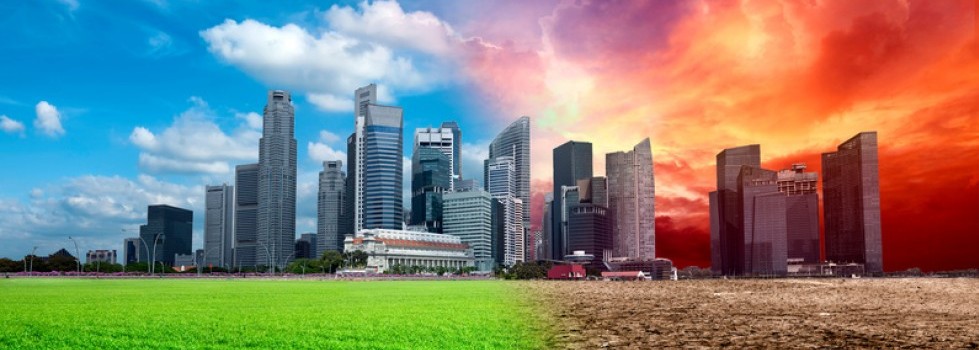According to temperature records dating back to 1850, the 13 hottest years ever recorded have caused the world to swelter more than ever in the past 15 years. While some question the validity of global warming, the notion that the planet is warming cannot be denied. Dramatic shrinking of the Arctic sea ice, evidence of desertification processes reducing once-viable ecosystems and rising sea levels, in addition to evidence provided by comparing yearly world temperatures, all seem to indicate that an unprecedented climatic event is currently modifying life on Earth.
Other, little-discussed demonstrations reflecting the efficacy of global warming concerns unusual migratory patterns of animals that normally do not leave the area in which they are born. Various species of insects, mammals and plants that are sensitive to unfamiliar heat and humidity are slowly but steadily moving to cooler, more elevated areas. Alternatively, insects like the Alaskan spruce bark beetle have readily adapted to warmer temperatures in a land where cool summers once prevailed. Proliferating at an alarming rate due to 20 years of increasingly warmer summers, these bugs are rapidly intent on destroying nearly three million acres of spruce trees.
Dramatic glacier melting also has a direct impact on increasing volcanic activity. When enormously heavy sheets of ice melt, enough weight and pressure is reduced to facilitate underground rock movement and promote eruptions in places where none are expected. Earth’s climate is further affected during volcanic eruptions due to the tons of carbon monoxide, sulfur and methane discharged into the atmosphere.
Frequency of animal attacks are not normally associated with global warming but many zoologists and ecologists think attacks by animals we are not used to seeing in urban areas will continue to increase because of desertification, disruption of migration routes due to extreme weather conditions and a general lack of natural resources.
Global warming is also responsible for a small rise in ocean acidity, although this tiny increase means serious problems for marine life. Phytoplankton, corals, crustaceans and mollusks require shells in which to protect their soft bodies. Unfortunately, these shells start dissolving in water that is too acid.
Global warming effects are now causing detrimental changes to this planet’s ecosystem. How intensely these affects erode the quality of all life on Earth remains to be seen unless global warming is seriously addressed and drastically reduced.

